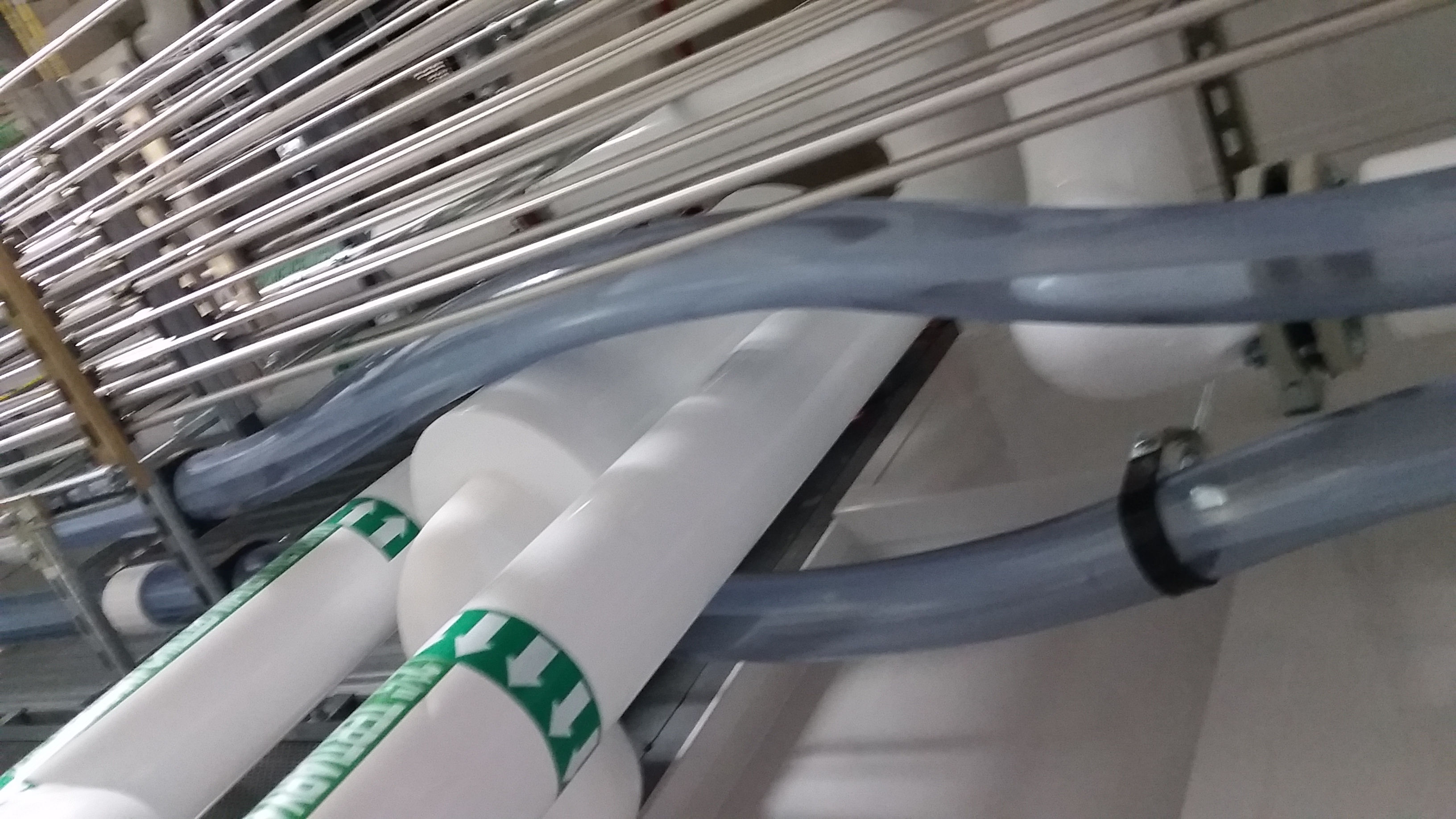
Acid Containment Piping High Purity Systems, Inc.
Chromic Acid 30% Excellent (up to 22°C) Chromic Acid 5% Excellent (up to 48°C) Chromic Acid 50% Not Recommended Chromium Salts Excellent Cider Excellent Citric Acid Good (up to 48°C) Citric Oils No Information Cloroxr (Bleach) Excellent Coffee No Information Copper Chloride Excellent (up to 22°C)
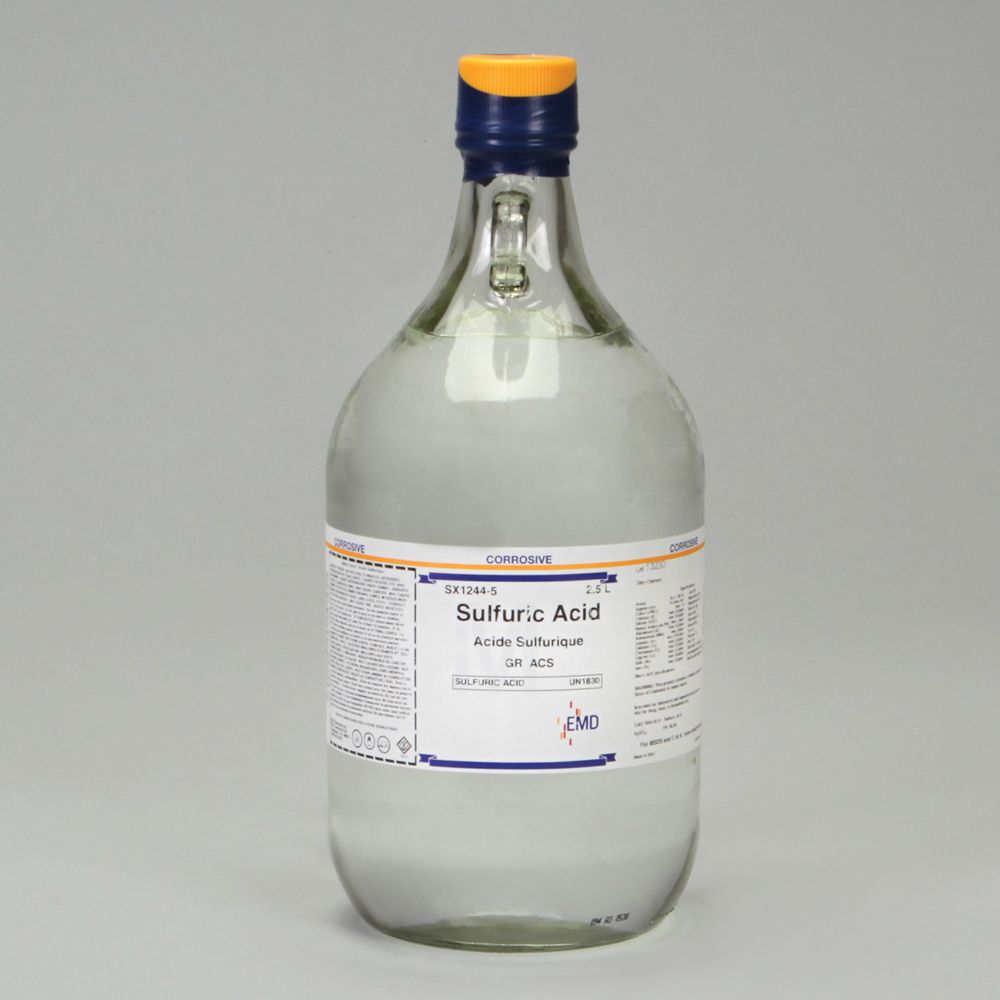
Sulphuric Acid Bottle
Sulfuric acid, 90 to 100% C N Xylene N N Sulfurous acid C N Zinc salts R R Tall Oil R R Tannic acid R R Tanning liquors R R Tartaric acid R R Tetrachloroethane C C Tetraethyl lead R C. Chemical Resistance Guide for PVC Source: PPI TR-19 Plastic Pipe Institute, New York, New York .

Chemistry Sulfuric Acid versus Wood & ABS Plastic YouTube
No, vinegar doesn't damage PVC pipes. Some people believe that just because it is acidic [ 1 ], vinegar is corrosive at the same time and it can harm the integrity of PVC pipes. In fact, regular vinegar is around 4-7% acetic acid. The strongest form of vinegar is pickling vinegar (at about 7% acetic acid ). Anything above 7 or 10% is.
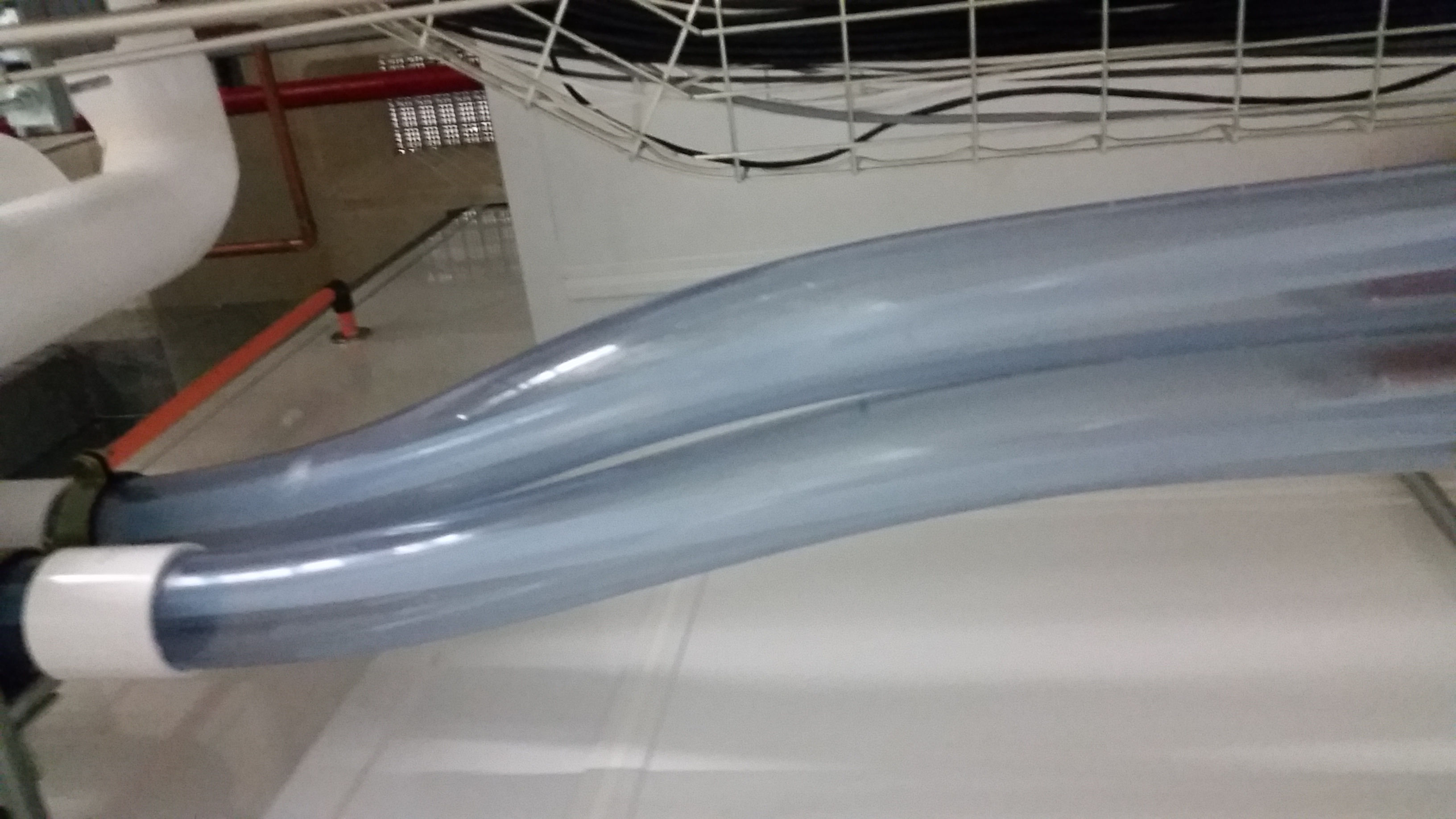
Acid Containment Piping High Purity Systems, Inc.
This guide to the proper application of PVC Type I pipe and fittings is offered as a service to customers of Silver-Line. Much of the data was collected from outside sources; therefore, we. Iodine (in alcohol) U U Oxygen A A Sulfuric acid 0 - 70% A A Iodine solution 10% U U Ozone A L Sul;furic acid 70 - 90% A L Jet fuels - JP4 & JP5 A A.
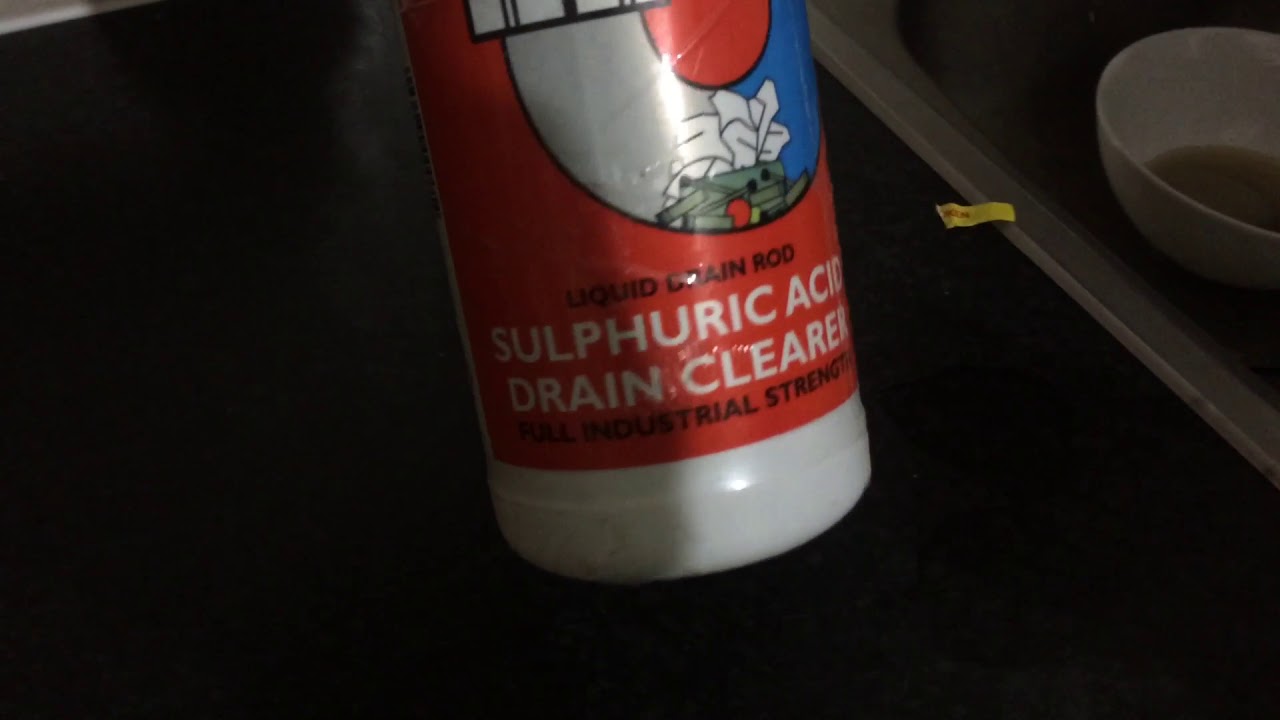
Sulphuric Acid Drain Cleaner for Pipe Blockage [Works 100]
Dilution: If instructed by a professional, dilute the concentrated sulfuric acid with water according to the recommended ratio. Never add water to concentrated acid; always add acid to water slowly. Pour Carefully: Slowly pour the diluted sulfuric acid solution into the clogged drain. Avoid splashing or spilling the acid.

ECTFE Material Plastic Piping for H2SO4 98 Sulfuric Acid
2 IPEX Chemical Resistance Guide for PVC R - Generally Resistant C - Less resistant than R but still suitable for some conditions N - Not resistant Chemical 23°C (73°F) 60°C (140°F) A Acetaldehyde N N Acetaldehyde, aq 40% C N Acetamide - - Acetic acid, vapor R R Acetic acid, glacial R N Acetic acid, 25% R R Acetic acid, 60% R N Acetic acid.

The Dangers Of Sulfuric Acid What You Need To Know
The truth is that some drain cleaners can be detrimental to PVC pipes. Drain cleaners with oxidizers, acids, caustics, esters, ketones, ethers, and aromatics can melt or soften PVC pipes. Fortunately, there are alternatives such as enzyme and bacteria-based cleaners that won't harm your PVC pipes. We'll discuss which chemicals degrade PVC.

ECTFE Material Plastic Piping for H2SO4 98 Sulfuric Acid Sulfur
Key Takeaways. PVC is resistant to many chemicals, including alcohols, fats, oils, and some acids, alkalis, and salts, but its resistance varies significantly with factors such as the type of chemical, its concentration, and temperature. Certain chemicals can cause irreversible changes to PVC, including swelling, reduction in tensile strength.

ASME A13.1 Sulfuric Acid Pipe Label PIPE24300BLKonORNG
Pour more acid into the drain — up to 500 ml or about 16 ounces — if the clog doesn't clear. Wait even longer - several minutes to an hour — to give the acid time to work. Flush the drain with plenty of water when the clog clears and the drain begins to flow. Neutralize the acid by mixing a solution of 1/4 cup baking soda per quart of.
This is what happens when you mix concentrated sulfuric acid and water
PVC pipe, which stands for polyvinyl chloride, is a plastic piping used primarily for drain and plumbing lines.. Acid-based substances are corrosive to the plastic material. Avoid any drain cleaners that contain the ingredients of sulfuric acid or hydrochloric acid. PVC Pipe Maintenance and Installation.
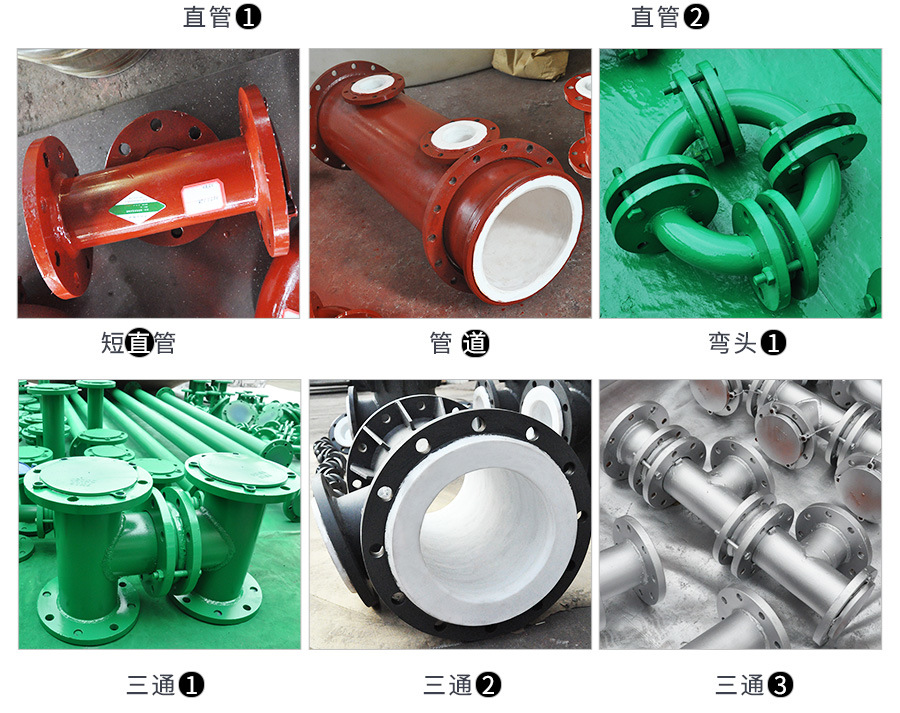
Anticorrosive Steel Lined Plastic PTFE, LLDPE Pipe (Three / 4 Way Elbow
Chemicals contained in drain cleaners can be corrosive, but what really causes PVC pipes to melt or soften is the heat produced by the chemical reactions. Most people worsen the problem by using more than one product to clean their drainpipes. Hydrochloric acid and sulfuric acid generate heat when mixed with water.
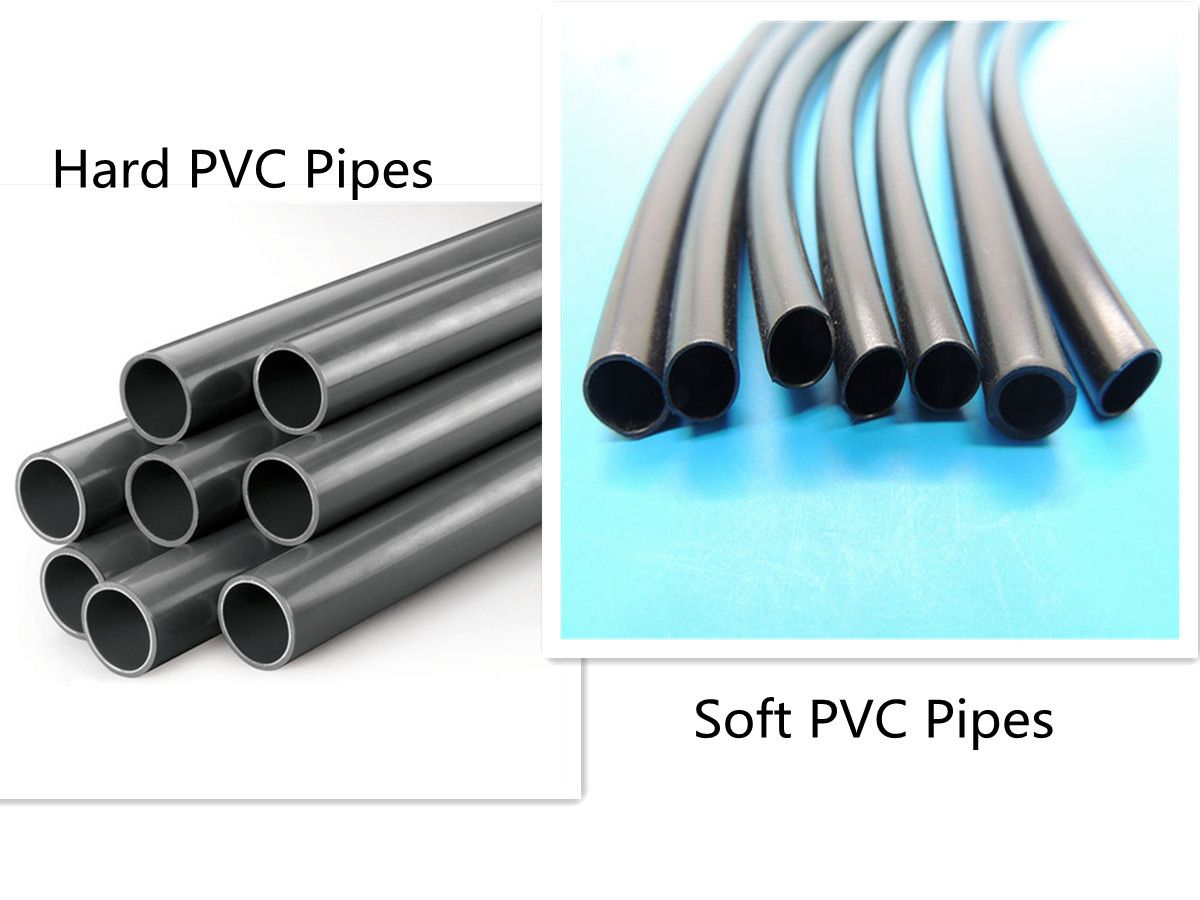
PVC And PE Pipes How to Connect Them Madison Pipe Industry
Types. Three types of drain cleaners can cause PVC pipes to become soft: acids, caustics and oxidizers. The active ingredients of acid cleaners are usually sulfuric acid or hydrochloric acid. Oxidizers often contain sodium hypochlorite, while the active ingredient in caustic drain cleaners is usually sodium hydroxide, which is also known as lye.
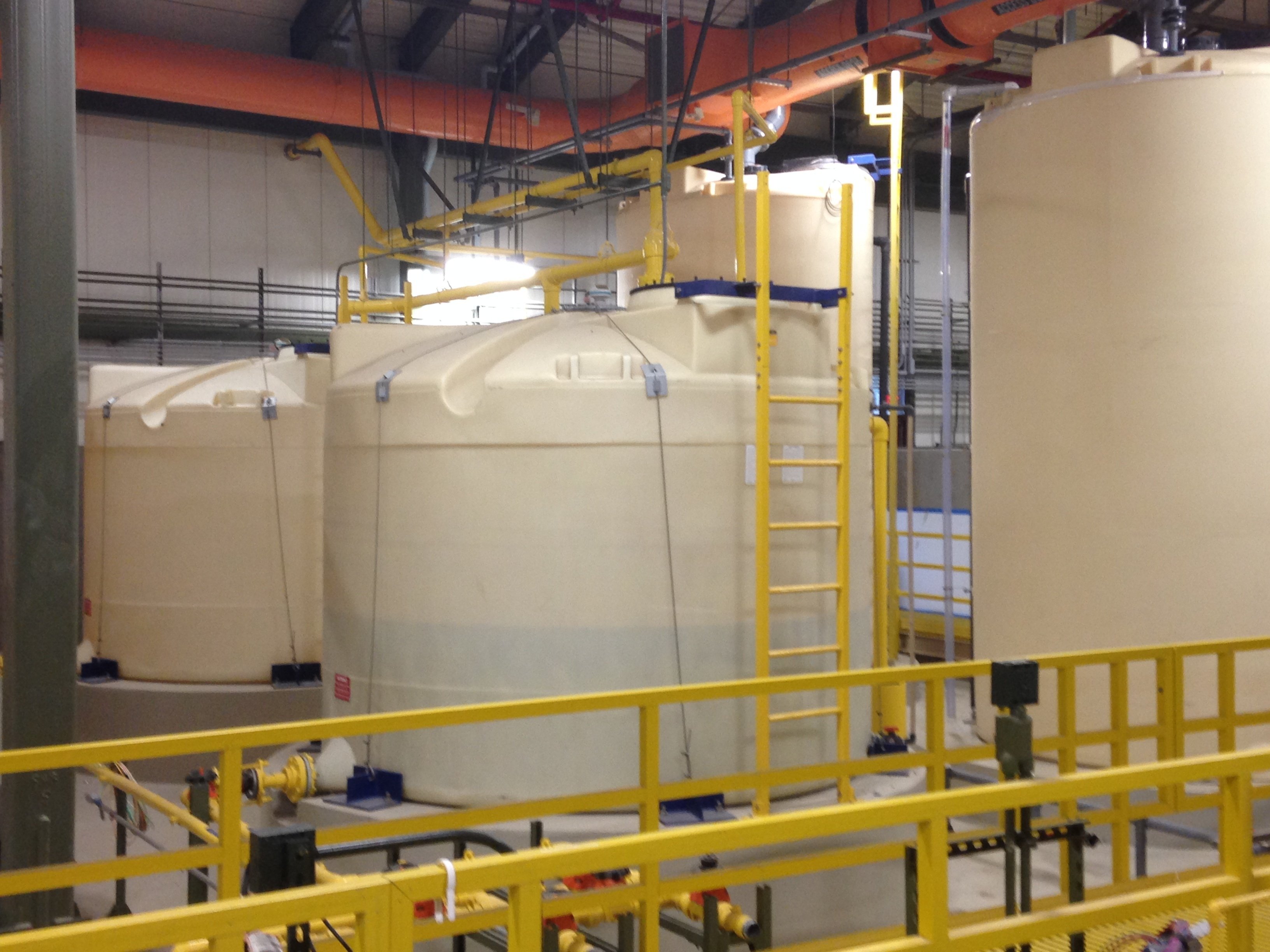
Sulfuric Acid Storage Poly Processing
Will Muriatic Acid Eat Through the PVC Drain Pipe? Muriatic acid is a powerful chemical used to clean masonry, etch concrete, and lower the pH level of swimming pools. The chemical is highly corrosive and can cause severe damage to the skin and eyes. Because of its strength, muriatic acid needs to be handled carefully.
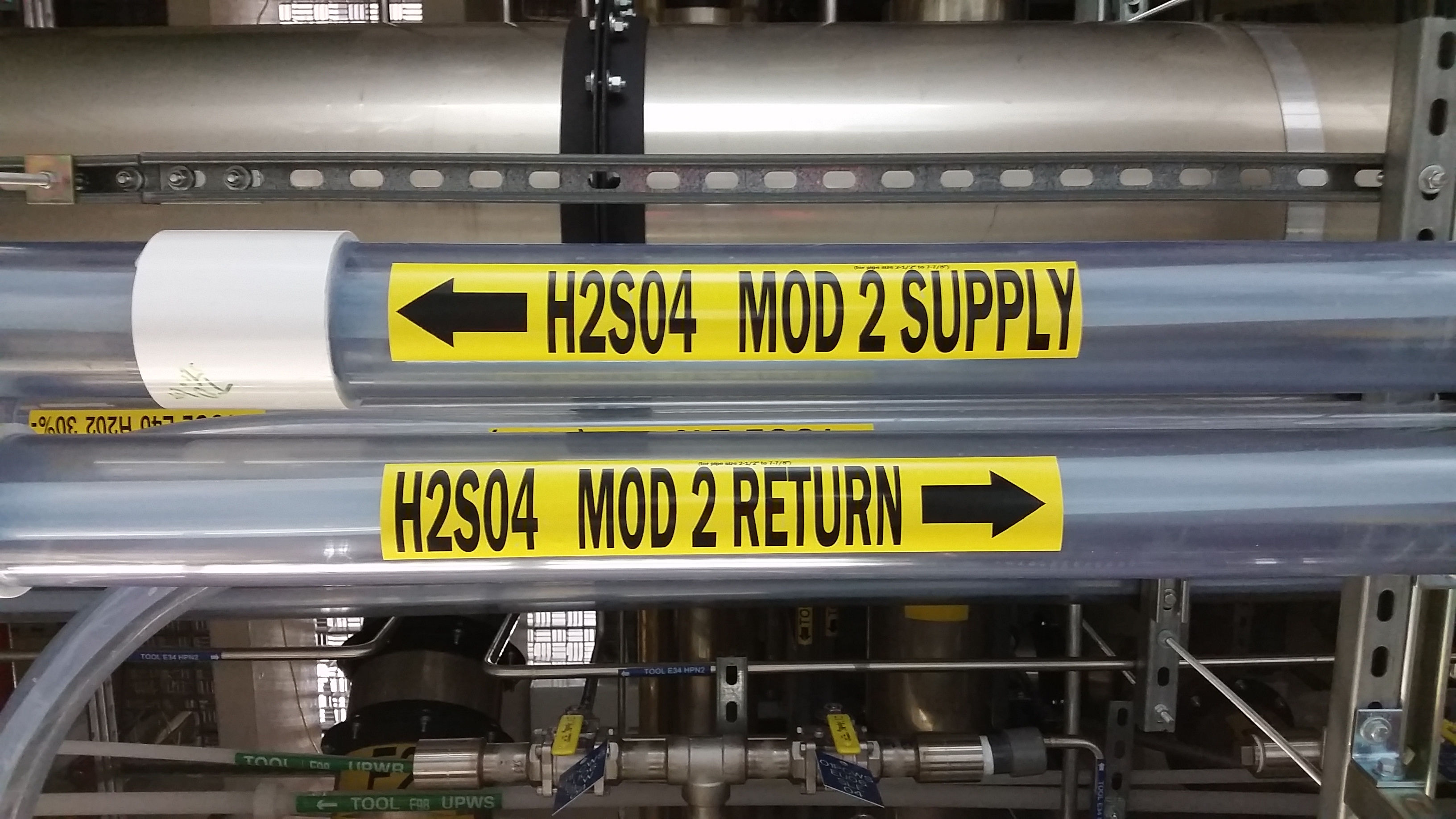
Acid Containment Piping High Purity Systems, Inc.
Ratings ‐‐ Chemical Effect Explanation of Footnotes. A = Excellent. 1. Satisfactory to 72°F (22°C) B = Good Minor Effect, slight corrosion or discoloration. 2. Satisfactory to 120°F (48°C) C = Fair ‐‐ Moderate Effect, not recommended for continuous use. Softening, loss of strength, swelling may occur.

3 AMAZING EXPERIMENTS WITH SULPHURIC ACID"THE KING OF ACIDS" YouTube
PVC Chemical Compatibility. What Chemicals are Compatible with PVC? Rigid PVC is chemically resistant to many acids, salts, corrosives, bases, fats, and alcohols. The melting point of PVC is low, around 100°C / 212°F) Maximum operating temperature is around 60°C / 140°F. NOT compatible with tetrahydrofuran or acetone, often incompatible.

Anticorrosive Steel Lined Plastic PTFE, LLDPE Pipe (Three / 4 Way Elbow
As mentioned, PVC pipes don't do well when exposed to too much heat, and that is exactly the reason you should avoid pouring down chemicals that can cause heat to build up inside the PVC pipes. Chemicals that can cause such reactions include hydrochloric acid, sulfuric acid, and sodium hydroxide, which can all be found in most chemical drain.